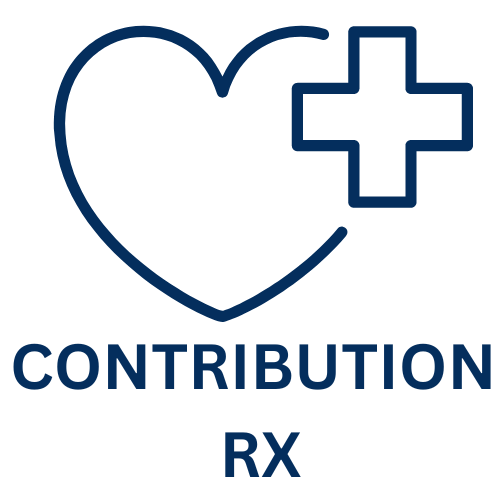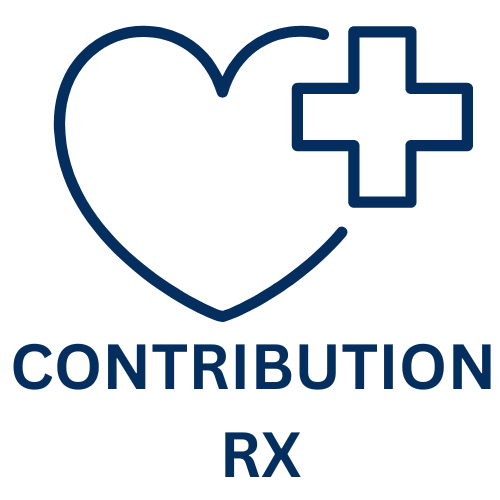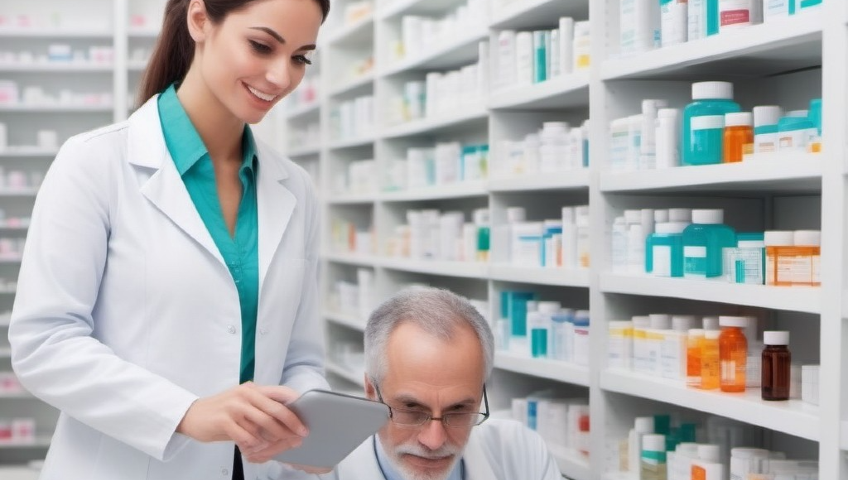pain pills
Drugstore
Drugstore
A drugstore, often synonymous with a pharmacy or a chemist, is a retail store that primarily sells medications, along with other healthcare-related products and services. Here’s an overview of what you can typically find in a drugstore:
- Prescription Medications: One of the primary functions of a drugstore is to dispense prescription medications prescribed by healthcare providers. Pharmacists and pharmacy technicians are responsible for accurately filling prescriptions, providing counseling on medication usage, and ensuring patient safety.
- Over-the-Counter (OTC) Medications: Drugstores offer a wide range of over-the-counter medications that do not require a prescription. These include pain relievers, cough and cold remedies, allergy medications, gastrointestinal treatments, and first aid supplies. Customers can access these medications without seeing a healthcare provider.
- Health and Wellness Products: Drugstores typically carry a variety of health and wellness products such as vitamins, supplements, nutritional shakes, and weight management aids. These products are often marketed to promote overall health and well-being.
- Personal Care Items: Drugstores stock personal care items such as skincare products, haircare products, oral hygiene products, and feminine hygiene products. Customers can find a range of brands and options to meet their personal care needs.
- Medical Supplies and Equipment: Many drugstores carry medical supplies and equipment such as blood pressure monitors, glucose meters, lancets, and test strips. Customers with chronic conditions or specific healthcare needs can purchase these items for monitoring and managing their health at home.
- Beauty and Cosmetics: Drugstores often have a beauty and cosmetics section featuring makeup, skincare products, hair care products, and grooming essentials. Customers can find popular brands as well as affordable options for personal care and cosmetics.
- Home Healthcare Aids: Drugstores may offer home healthcare aids such as braces, supports, mobility aids, and incontinence products. These items cater to individuals with temporary or chronic health conditions who require assistance with daily living activities.
- First Aid Supplies: Drugstores are a convenient source for first aid supplies such as bandages, antiseptics, wound care products, and pain relieving creams. Customers can purchase these items to treat minor injuries and manage common health concerns at home.
- Pharmacy Services: In addition to dispensing medications, drugstores may offer pharmacy services such as medication therapy management, immunizations, health screenings, and medication synchronization programs. These services aim to optimize medication therapy, promote preventive care, and improve overall health outcomes.
- Convenience Items: Drugstores often carry convenience items such as snacks, beverages, household essentials, and seasonal merchandise. This makes drugstores a one-stop destination for customers to fulfill their healthcare and everyday needs.
Overall, drugstores play a vital role in providing access to essential medications, healthcare products, and services to communities. Whether it’s filling a prescription, purchasing OTC medications, or seeking advice from a pharmacist, customers rely on drugstores for their healthcare needs.


